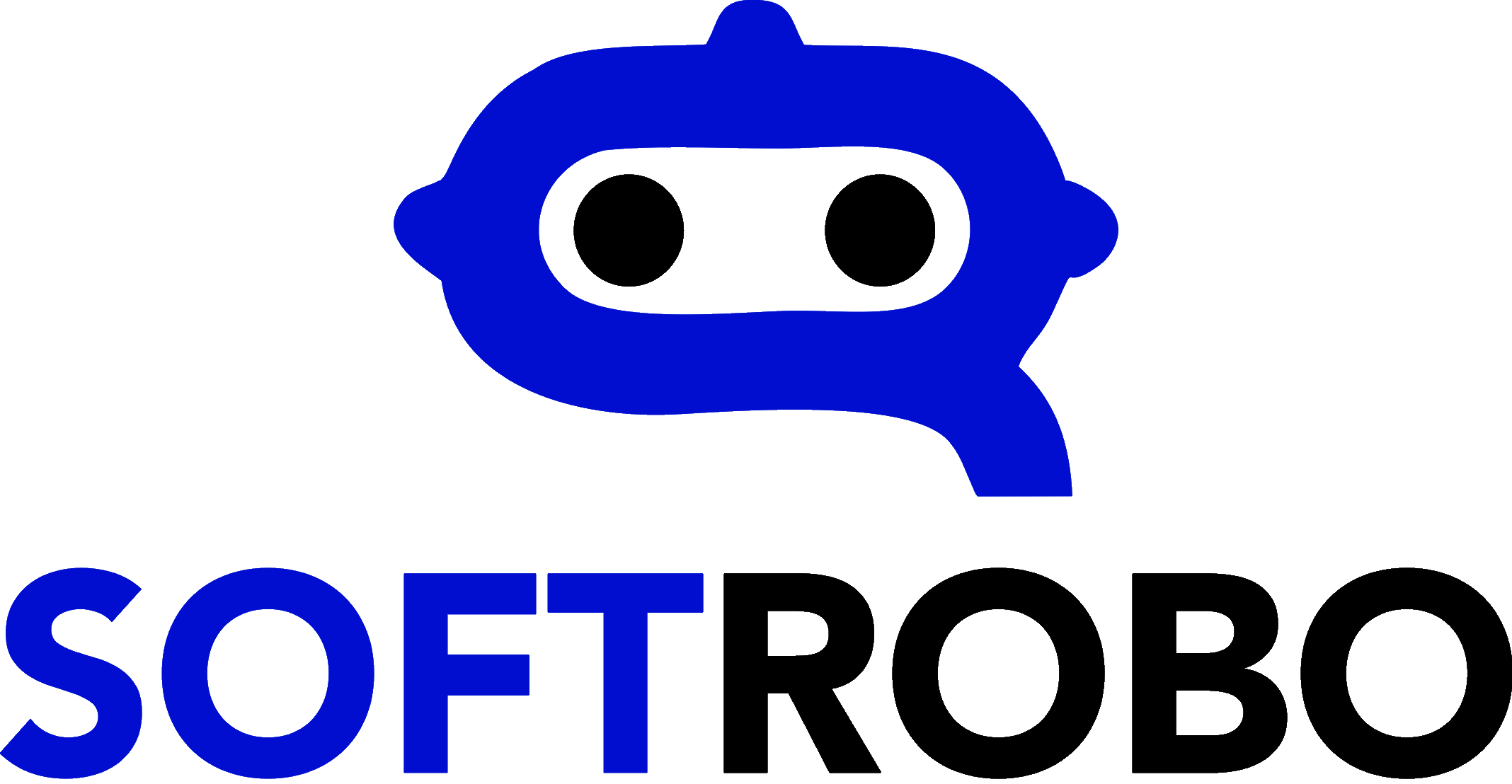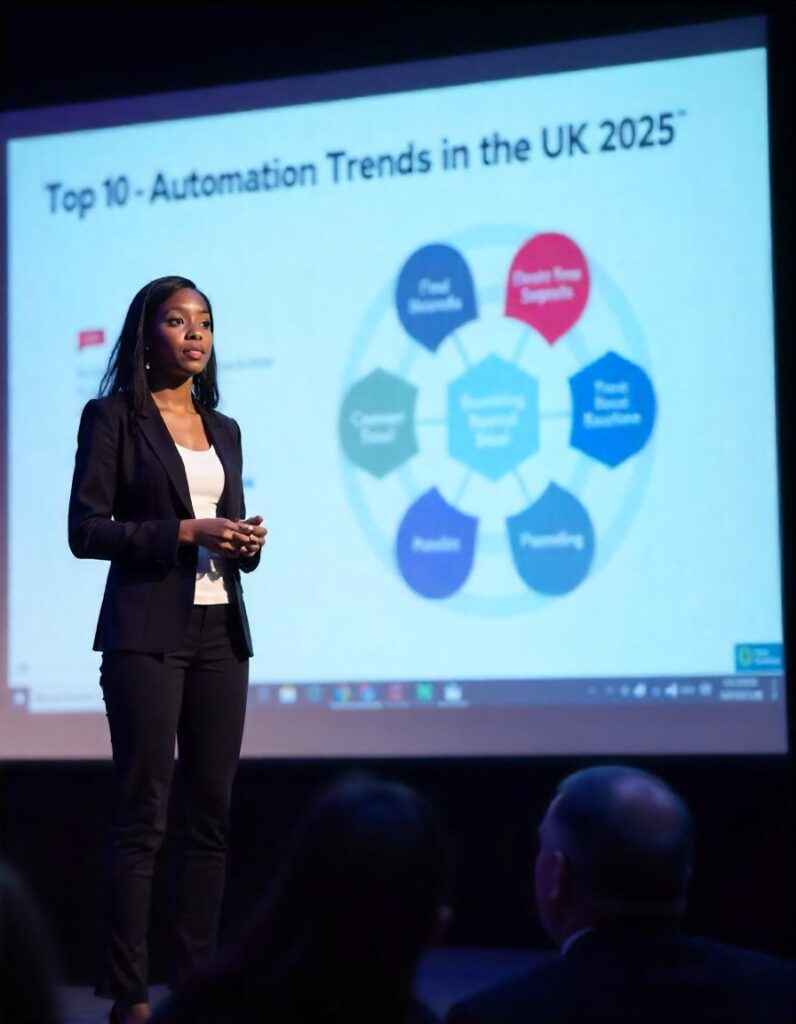The Ultimate Healthcare App Development Guide: Transforming Patient Care
Healthcare is quickly becoming more digital, just like most other fields these days. Mobile health apps, or “mHealth,” are at the center of this change.
Some “wellness management” apps have been around for a while, but now there’s a move toward mHealth apps that help with managing diseases and treatments. At present, healthcare apps make up 27% of the healthcare app market and have become an indispensable means of accessing medical care – their rising popularity demonstrates just that.
By 2024, 40% of American adults will use smartphones to access healthcare services, while 35% will utilize wearable devices that provide real-time information about their health, such as heart rate monitoring or workout metrics.
Healthcare and mobile health need to follow a lot of rules and laws when it comes to privacy. What is the best way to create one?
Let us walk you through the steps of making a good healthcare app in this help.
Types of Most Popular Healthcare Apps
Healthcare apps are bringing some difficult health-related jobs into the home, like keeping track of your blood glucose levels and fitness goals. This makes things easier and breaks down barriers.
Health care is a broad field, and the apps that help with it are usually divided into two groups:
Professional Healthcare Apps
Medical Apps for Patients
There are some similarities between the two, but there are also some big differences.
Professional Healthcare Apps
The main people who use healthcare apps for workers are other healthcare professionals. These apps and software have features that are necessary for medical services to keep running, such as hospitals, doctor’s offices, and integrated medicine.
Electronic health records (EHRs), telemedicine platforms, and clinical reference sites are some of the tools that these apps usually come with.
It is expected that by 2027, professional healthcare apps that offer booking, online consultations, patient portals, and online/dark pharmacies will have the largest part of the market.
This is because healthcare apps for professionals automate and digitize parts of medical care that have been inefficient and hard to handle in the past.
Apps can help make the user experience better for both the patient and healthcare professional. The development of health mobile apps business is crucial to the development of these intricate and advanced tools.
These apps assure that they adhere to rigorous guidelines and requirements that are required for medical professionals.
Medical Apps for Patients
Healthcare apps give users and people who care about their health more power and make things easier. Most of the time, these apps have nutrition guides, exercise trackers, symptom checkers, and meeting schedulers.
Fitness goods and training apps are still the most popular. Still, as more healthcare providers adopt these technologies, it’s likely that more important services like heart monitoring, diabetes management, and mental health apps will soon make in-clinic visits less necessary.
Patient-centered medical apps are becoming more and more popular. Soon, health and fitness mobile app development will include these more important and life-saving features.
These mHealth apps make healthcare easier to get, especially for people who live far away, and they help patients make smart choices about their health and well-being.
Ideas for Healthcare Apps
There is a lot of variety in digital healthcare, and patients have a lot of needs and chances to fill in some of the gaps that traditional systems left in healthcare.
Healthcare apps used to be a niche and new idea, but now they are as important to everyday life as online banking or ride-sharing apps. They can help with everything from handling a chronic illness to mental health issues.
Let’s look at seven app ideas that push the limits of what’s possible when making health apps for phones.
1. Chronic Disease Management Apps
More than 129 million people the United States alone have a chronic disease. Being diagnosed with a chronic condition often involves managing many doctor’s visits as well as medications and regular health check-ups, which could become extremely difficult quickly.
This is the reason applications that benefit in managing chronic illnesses are useful. They’re designed to ease the lives of people with asthma, diabetes or heart issues.
Digital companions are similar to having your personal health assistant inside your pocket. They will tell you when it’s time to take your medication Keep the track of your symptoms and let you talk with your medical professional directly.
This is the reason these apps are crucial in helping patients regain control over their health. They can benefit patients avoid hospital visits and increase their overall health.
2. Mental Health Apps
More than ever, mental health is getting a lot of attention. We’ve all become much more aware of how important it is to take care of our mental health. It makes sense that we would want mHealth tools that can help us deal with problems like worry, depression, and anxiety.
A mental health app usually has tools like mood tracking, writing, and meditation guides that help people keep an eye on their feelings.
People who need help can use the app to get in touch with qualified therapists without leaving their homes any time. It’s an absolutely necessary service for people who need help right away.
Collaboration with a mobile app creator who recognizes the sensitive nature of mental health issues are is the accurate option to safeguard the privacy of users and provide users enough useful features.
3. Telemedicine Apps
Telehealth lets people who live in places that aren’t well served by medical care, like remote or rural areas, talk to a doctor over video call and get medical records.
Research has shown that this trend is likely to continue even after the COVID-19 pandemic is over. During the pandemic, 43% of doctors talked to more than half of their patients through telemedicine.
More and more people who don’t have access to good internet are getting it thanks to new technologies like Starlink. This means that apps will grow to be more crucial in providing health care to those living who live in remote places.
A team that creates mobile health apps could add secure video conferences, EHR systems, and other essential features to create the telemedicine experience of top quality.
4. Medication Management Apps
Patients who have to deal with drugs every day may find it hard to keep track of their prescriptions. Apps that help you handle your medications are like personal assistants that help you remember when to take your medicines.
When you take more than one medicine, it’s important to keep track of any interactions between drugs that could be harmful to your health. These apps can help you remember your doses and make sure you don’t miss any.
They also make it easier to get prescriptions refilled, which saves you trips to the store or doctor’s office. With these apps and other technological tools, we can help people of all ages keep their health in good shape in a safe and effective way.
5. Fitness and Activity Tracking Apps
Fitness apps that work with wearable tech like pedometers and smart watches are some of the most downloaded in the healthcare field. This shows that the idea has already been successful and can be improved upon.
Most of the time, these apps work with smart tech to give you real-time information about things like your steps, heart rate, and blood oxygen saturation. So far, they can even warn people of heart events.
People are paying more attention to their health, so the need for these kinds of apps will only increase. A business that makes health and fitness apps can use this information to make apps that offer challenges, motivation, personalized coaching, and social features.
6. Allergen Alert and Ingredient Scanner App
Food allergies can cause everything from annoying pain to anaphylaxis shock, which can be fatal. Only in the U.S. has the number of people diagnosed with serious food allergies gone up by 377%. When shopping for food at the store, people who have food allergies know that the ingredients list can be unclear or easy to miss.
It would be helpful and even life-saving if there was an app for smartphones that was linked to a database of food ingredients and could scan barcodes with the camera to instantly warn allergy sufferers about things like seafood, peanuts, dairy, and gluten.
To help people make better food shopping decisions, the app could also offer options to things that are known to be safe.
The app would have access to reliable records and scanning technology if it was made by a health and fitness mobile app development company that has worked with nutritional and dietary software before.
7. Enterprise Hospital and Clinic Management Apps
With a CAGR of 9.73% expected from 2024 to 2030, the clinical management software market is expected to grow very quickly. These apps are made to make the work of medium-sized to large healthcare facilities easier. They are essential for combining clinical and routine tasks on a single platform.
There are a huge number of unique and creative ways to make healthcare apps work in professional settings. Some of the features that these apps can have are scheduling patients, managing electronic health records (EHRs), billing and invoicing, keeping track of supplies, and coordinating staff.
If these tasks are combined, the office will be more efficient and everything will run more smoothly. The most important thing is that patient outcomes are improved.
Additionally, created medical software includes analytics and reporting tools that allow facility managers to make choices based on data to improve the performance of the medical facilities.
Working with a healthcare software development company with a lot of experience is important if you want to make an app that is safe, scalable, and follows the rules.
Benefits of Custom Healthcare Apps for Doctors and Patients
Custom health care apps have definitely made a big difference in medicine. They offer customized methods that are fine-tuned to meet the specific needs of doctors and their patients.
These apps help improve health outcomes, make regular tasks easier, and improve patient care by focusing on what each person actually needs. These are all important parts of modern medical practice.
Enhanced Patient Engagement
Custom health apps have been shown to get patients more involved. They give you personalized health tips, send you timely messages, and make it easy to talk to your healthcare providers.
This personal touch makes patients feel like they have more control over their health and support every step of the way. This makes them more likely to stick with their treatment plans and creates a positive experience for everyone.
When health mobile app development is done right, these apps become useful tools that help people connect with their medical teams more closely.
Streamlined Workflow for Healthcare Providers
A lot of the time, doctors spend less time with their patients because they have to deal with a lot of paperwork.
Custom apps can automate boring chores like making appointments, billing, and keeping track of records. A health mobile app development business makes sure that these apps are easy for people to use while also meeting strict security and compliance standards for healthcare.
The end result is a practice that runs smoothly, which lets doctors focus more on caring for patients.
Improved Patient Outcomes
Custom healthcare apps make a big difference in how well patients do. They give people tools like real-time health monitoring and personalized treatment plans that help them make better, more proactive choices about their health care.
This often means that health problems are caught early, chronic conditions are better managed, and patients are usually healthier. When made by an experienced health mobile app creation company, these apps are meant to make patients’ lives better by helping them on their way to better health and well-being.
Trends in Healthcare App Development
The technology used in healthcare is changing very quickly. Any mHealth app creator will need to make sure they keep up with these changes.
As technologies improve and grow, they have the ability to completely change how we care for patients, making it faster, more personalized, and easier for more people to get.
Let’s look at the three most important trends in making healthcare apps right now.
AI and Machine Learning
The rise of Artificial Intelligence (AI) and Machine Learning (ML) has changed almost every industry. Healthcare, which depends so much on the “human touch,” is no different.
The coming together of people and machines (AI) is one of the most important trends in making healthcare apps. People are using these technologies to make predictions, review and speed up tests, and even give personalized advice on how to treat people.
It was a real Turing test moment in 2023 when researchers from California San Diego, Bryn Mawr College, and Johns Hopkins University made a chatbot that could answer 195 randomly produced patient questions better than a human doctor.
A market for AI and machine learning in healthcare is expected to grow very quickly and reach over $600 billion by 2034. This means that in the near future, humans will work together with AI in healthcare.
Wearable Technology Integration
People who use healthcare apps can’t miss how smart tech is making a name for itself. You could wear a band that tracks your heart rate and counts the steps you take. It’s not enough that people want these tools; their market value is expected to reach over $3.7 billion by 2025.
What does this mean for people who care about their health? With this, you can get instant access to important health metrics, personalized exercise tracking, and more, all from a device that you wear on your wrist.
These improvements are possible thanks to the work of health and fitness-focused mobile app developers. Their job is to make apps that don’t just collect data but also turn it into useful information that you can use. This way, you can be in charge of your health journey at all times.
Telehealth Expansion
The rise of telehealth is an interesting trend, especially in recent years. Telehealth apps that let patients have medical consultations from away are changing how easy it is for people to get medical care. In fact, 74% of millennials prefer telehealth appointments to regular face-to-face visits.
This change fits in with the big changes in culture that started with the COVID-19 pandemic, like people working from home. It’s become popular with people who live far from medical facilities or in places where there isn’t a lot of healthcare.
Working with companies that make health mobile apps makes sure that these platforms are strong, safe, and easy to use, which fits with the growing need for healthcare solutions that can be accessed from afar.
Best Practices for Healthcare Mobile Application Development
Making a great healthcare app takes more than just coming up with new ideas. You must also be committed to the highest standards in the business. These standards make sure that the app works, is safe, follows the rules, and is based on an environmentally friendly idea.
When making apps for healthcare, these are the most important things you should always do.
User Experience Focus
The user experience (UX) is one of the most important parts of making a healthcare app work well. Making something that feels natural and is easy for both patients and healthcare workers to use is the main goal.
It should be easy to do everything, like making an appointment with just a few taps or quickly checking your health stats while you’re out and about.
Ensure Data Security and Compliance
To get around in the complicated world of healthcare data, you need to pay close attention to security and safety.
Following rules like HIPAA in the U.S. is not only required for mobile health apps, it’s also essential for keeping patients’ safety and trust.
If your security is broken, it could cost you money and hurt your image. It is very important to work with a mobile app development business that knows about these rules.
Regular Updates and Maintenance
Every business needs to keep their security and vendor software up to date, but in healthcare, they have to be done all the time.
Software should also be changed as part of updates to keep up with the latest medical guidelines, technological advances, and privacy and security rules.
Support that never ends makes sure that your app stays safe, secure, and useful. If you hire a business that specializes in making health apps, they will not only help you make the app, but they will also keep it up to date, fix any bugs, and add new features that make it better over time.
The Healthcare App Development Process
To make a good healthcare app, you need to follow a structured process that makes sure the app meets the needs of both patients and healthcare workers.
The main steps you need to take to get your healthcare app from idea to production are listed below:
Step 1 – Discovery and Requirement Analysis:
Learning about the specific needs of doctors and patients is the first step in making a healthcare app.
It’s important to really understand what they need, what their problems are, and what they want to achieve with this app.
Companies that specialize in making health apps for phones usually take care of this. They do their research to make sure that the app’s features meet the needs of both users and healthcare providers.
Step 2 – Design and Prototyping:
Once you have a good idea of what the needs are, you can start drawing wireframes and making prototypes that show how the app works.
Plan out the steps users will take to move through the app during this part. The goal is to make everything feel natural and easy.
If you hire a health and fitness mobile app development firm, they will use their special knowledge to make designs that look great and work perfectly. Here, you’ll put down the first, very important steps for a fun user experience.
Step 3 – Development and Testing:
You can start making the app now that you have planned out the style. Developers now start writing code to make the design come to life. They add important features like safe data storage, real-time tracking, and user authentication, which makes sure that users are who they say they are.
But writing lines of code isn’t the only thing that goes into making an app. You will thoroughly test it for bugs and make sure it works.
This step makes sure that the app works well on all devices.
Step 4 – Deployment and Post-launch Support:
It’s time to launch the app once the development process is over and testing has shown that it works well.
Some of the best places to get the app are the App Store and Google Play. Your trip doesn’t end when you take off, though. For the app to stay in top shape, it needs to be updated regularly and get ongoing help to fix any bugs, add new features, and keep its place in a crowded market.
After the app is released, a specialized health mobile app development team will be there to make sure it works smoothly and keep improving it.
Final words
The creation of apps is changing the face of healthcare in a big way. These apps are making patient care easier to access, more personalized, and more streamlined than ever before.
We can see that well-made healthcare apps are only going to get better in the future. They will change how health services are provided and how people experience them.
Working with a health-focused mobile app development business is essential for people who want to see their idea come to life. We can help with that with Softrobo. We believe that cutting edge technology and high-quality care should work together.
Our healthcare IT and development solutions don’t just make things easier; they also help people make smart decisions and open up new ways for growth that is forward-thinking.
Starting this path toward a model that is patient-centered and full of insights could be the next big step forward in healthcare innovation. Find out right now what you can get by working with Softrobo’s Healthcare Development Solutions.




